Billion Dollar Offer from Meta CEO Mark Zuckerberg
In an effort to catch up in the race to develop generative AI, Mark Zuckerberg approached Mira Murati – former CTO of OpenAI – a few months ago with the intention of acquiring her newly founded startup: Thinking Machines Lab.
When Murati refused, Meta CEO turned to a plan to approach the core staff directly, according to the Wall Street Journal . He is said to have contacted more than a dozen of the company's roughly 50 employees, with Andrew Tulloch, a veteran AI researcher and co-founder of Thinking Machines, being the prominent target.
Zuckerberg offered a package worth about $1 billion, possibly as much as $1.5 billion over six years, including bonuses and stock performance. Tulloch declined. None of his colleagues left.
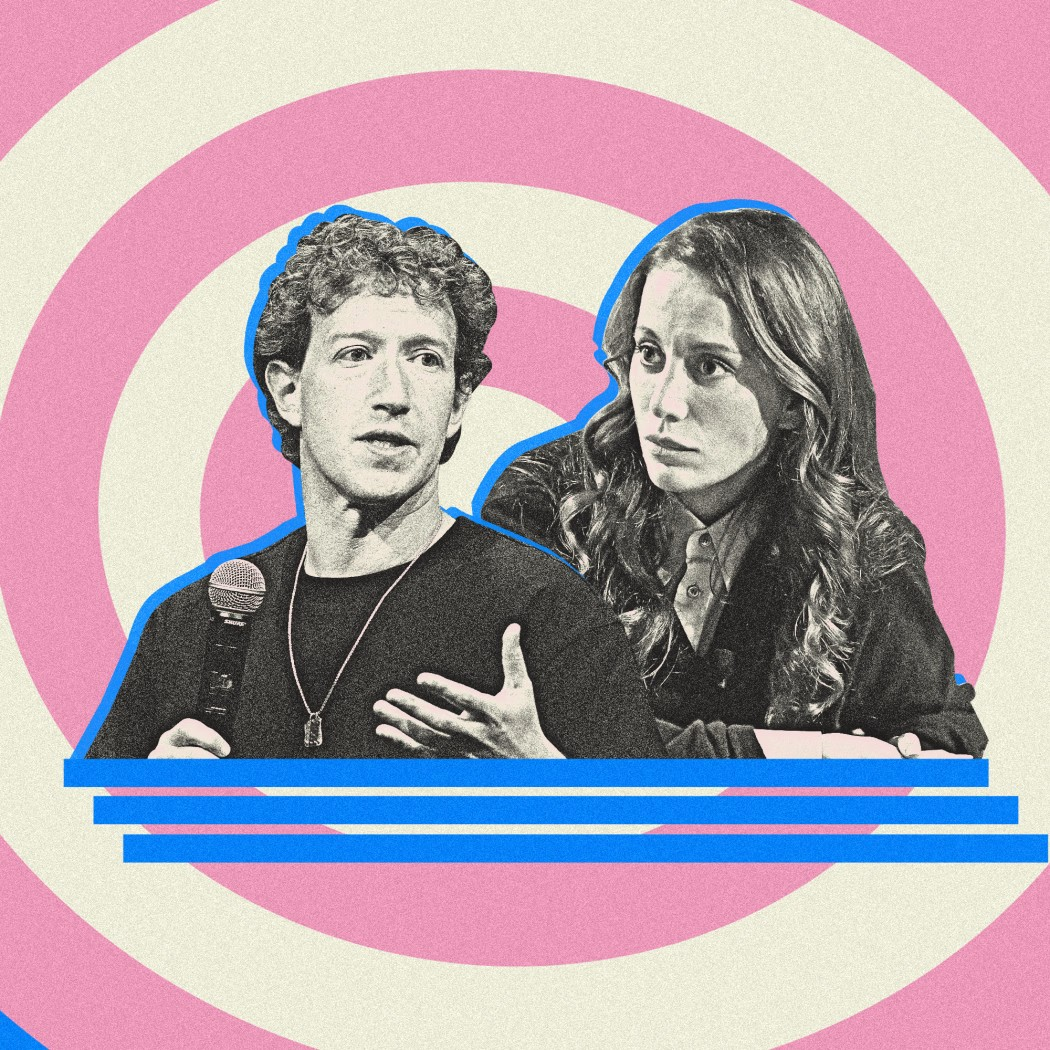
Meta spokesman Andy Stone dismissed the report as “inaccurate and illogical,” and denied that Meta had ever considered acquiring Thinking Machines.
In Silicon Valley – where AI engineers often have great power and are paid the highest salaries – turning down offers worth hundreds of millions of dollars is rare.
But that reality is changing. Big tech companies are realizing that loyalty, vision, and culture are becoming key.
Some AI researchers choose to pursue bigger salaries and influence, frequently jumping between companies. But many others are fiercely loyal to founders they trust – people whose names are like rock stars in the tech world.
OpenAI – and companies founded by its alumni, such as Mira Murati and Ilya Sutskever – have often been targeted by Zuckerberg. However, Meta’s invitations have been repeatedly rejected.
Tulloch is a prime example. Having previously turned down OpenAI for financial reasons, he joined the company after ChatGPT became a phenomenon.
When Mira Murati founded Thinking Machines, he chose to follow her and stay with her, refusing the "unimaginable" offer from Meta.
Startup culture, AGI mission and rare loyalty
Loyalty comes not only from individuals but also from corporate ideology and culture. OpenAI has attracted talent from its early days with the promise of a historic mission: to develop artificial general intelligence (AGI) – systems that are smarter than humans in most fields.
With a nonprofit charter, OpenAI once set out to be “for humanity,” turning this vision into a quasi-religious mission.
Even the companies that spun out of OpenAI have maintained this culture. Murati left the company in September 2024 and founded Thinking Machines in February.
She played a key role in the development of ChatGPT and is known for her ego-free leadership style, which has garnered the loyalty of many engineers.
Thinking Machines now has more than 20 former OpenAI employees, including John Schulman – co-founder of ChatGPT. This startup's organizational model is flat, similar to OpenAI.
Senior engineers are still listed as “Technical Team Members” instead of traditional management titles.
Although it has not yet announced a product, the company has received $2 billion in investment to develop multimodal AI, focusing on customization and natural interaction with humans.
Meanwhile, Safe Superintelligence (SSI) of Ilya Sutskever – co-founder of OpenAI – built a more discreet model. The company has almost no public appearance, employees are encouraged not to list SSI on their LinkedIn profiles, to limit being "hunted" by large corporations. Zuckerberg also offered to buy SSI but was rejected.
Anthropic, a $170 billion startup founded by Dario Amodei (former head of OpenAI), is a similar case. All seven co-founders remain with the company. Meta approached many of Anthropic’s staff, but most of them “shook their heads.”
Most recently, Zuckerberg recruited Shengjia Zhao, a former researcher at OpenAI, to lead Meta’s superintelligence team. However, the number of high-level AI personnel Meta has successfully attracted is still very modest.
The reasons given by some researchers for their refusal were: they believed OpenAI was closest to achieving AGI, wanted to work at a small company with a clear vision, and did not want their research results to be turned into products tied to a commercial advertising model.
(According to WSJ)
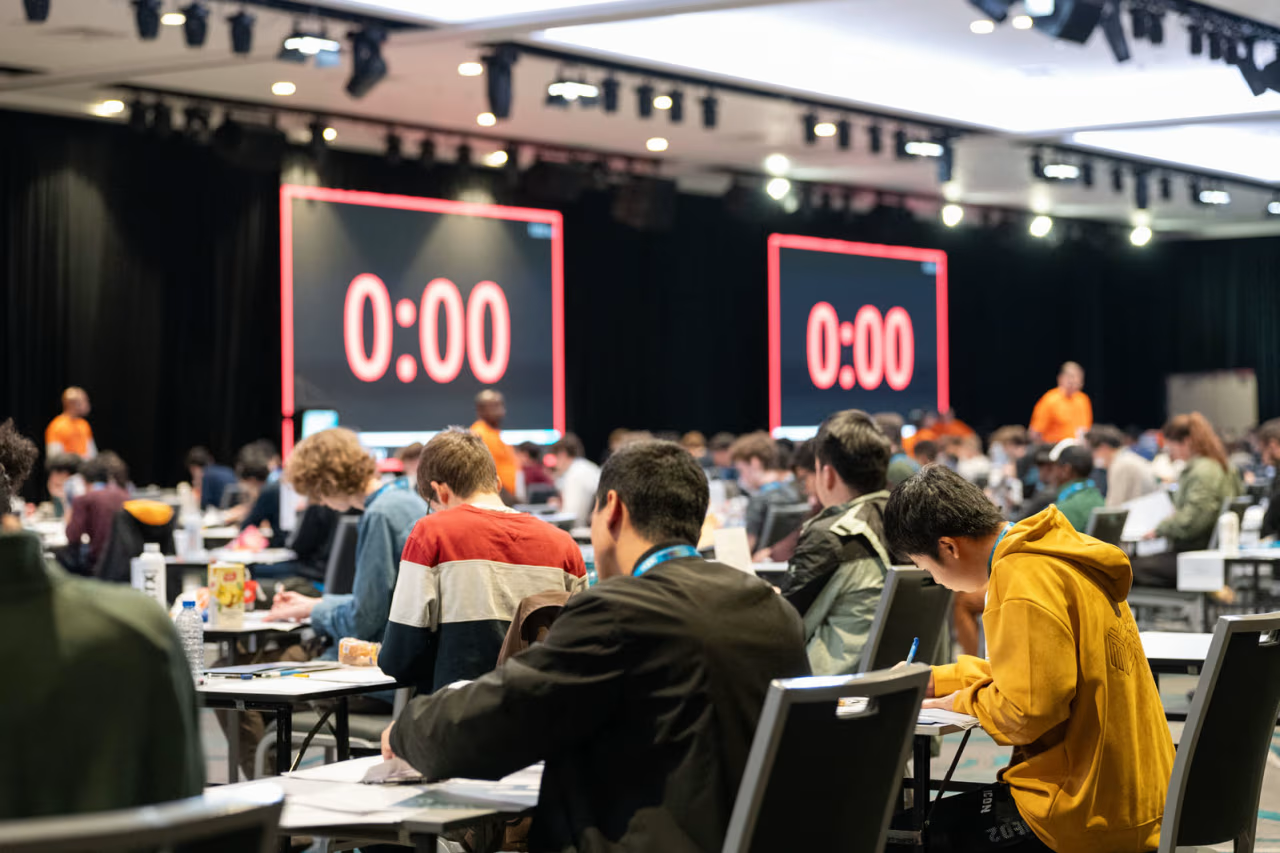
Source: https://vietnamnet.vn/nguoi-tu-choi-1-ty-usd-cua-mark-zuckerberg-2428207.html










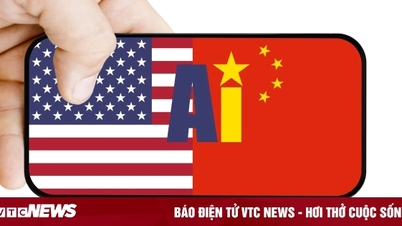


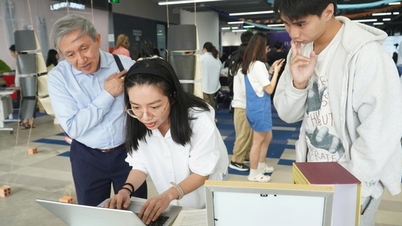

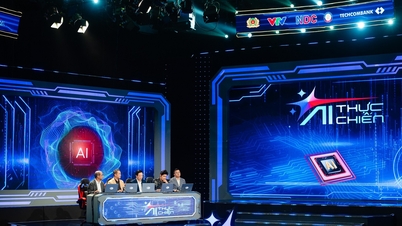
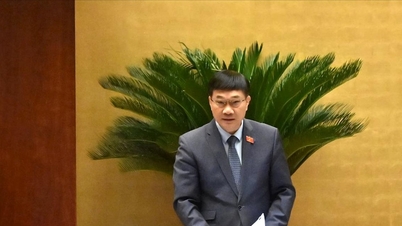



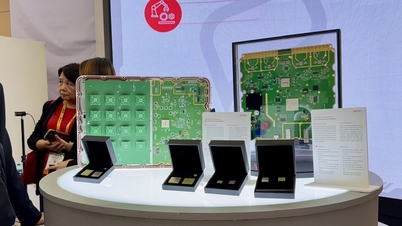














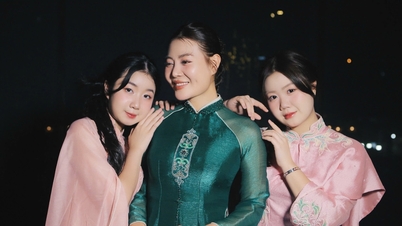
![[Photo] "Ship graveyard" on Xuan Dai Bay](https://vphoto.vietnam.vn/thumb/1200x675/vietnam/resource/IMAGE/2025/11/08/1762577162805_ndo_br_tb5-jpg.webp)



![[Video] Hue Monuments reopen to welcome visitors](https://vphoto.vietnam.vn/thumb/402x226/vietnam/resource/IMAGE/2025/11/05/1762301089171_dung01-05-43-09still013-jpg.webp)





























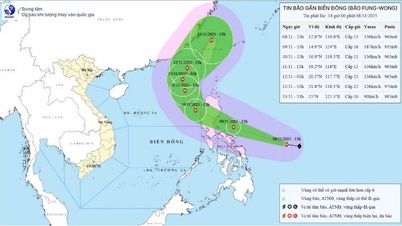


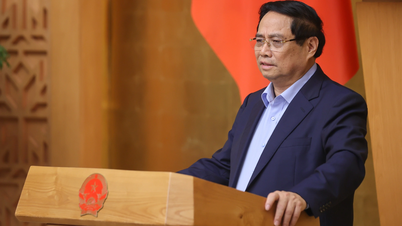














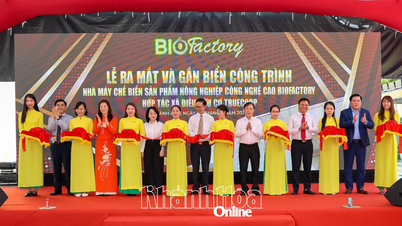
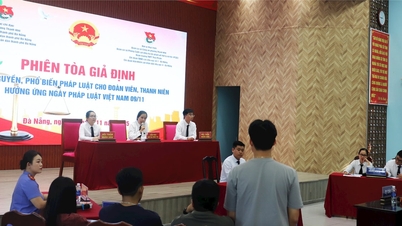

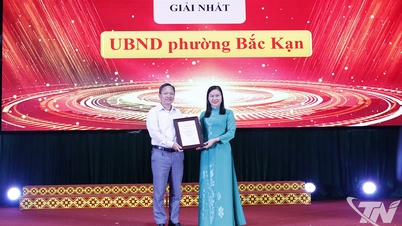




















Comment (0)